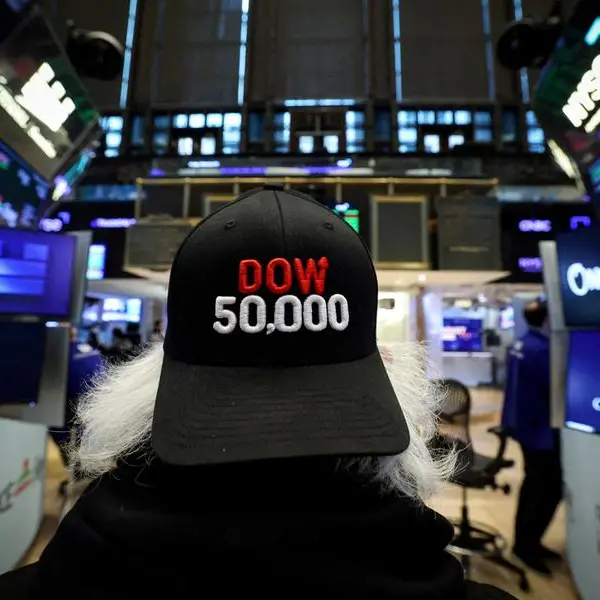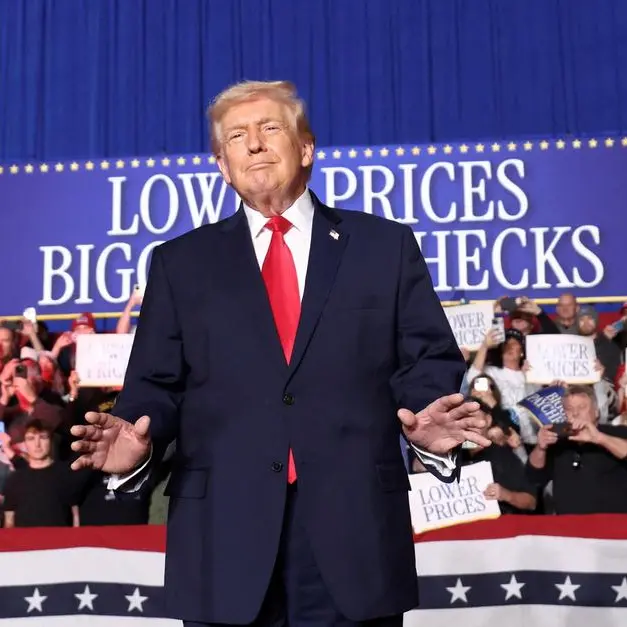PHOTO
The erstwhile “world’s local bank” is getting more local. In an announcement on Tuesday that took many by surprise, HSBC outlined plans to shut its ECM and M&A businesses in Europe and the US to focus exclusively on Asia-Pacific and the Middle East and North Africa. But should that decision have really come as a shock?
CEO Georges Elhedery had already outlined the need for simplification in his late 2024 strategy revamp and that inevitably meant downsizing subscale franchises.
Overall, HSBC is doing well, given the rise in interest rates globally. It made US$30.35bn of profit before tax in 2023, the latest full-year figures available, and that good run is likely to have continued in 2024. But like many of its peers, its global banking and markets unit is a (relative) drag on returns. HSBC’s consumer and commercial banking units generated returns on tangible equity of 30.4% and 21.1%, respectively, in the first nine months of 2024, while GBM was only 13.8%.
HSBC doesn’t break out returns on tangible equity on a granular basis, but it does provide pretax profit within GBM by geography. In 2023, GBM generated pretax profit of US$5.92bn, around US$2.06bn of which came from Hong Kong/China. Another US$2.01bn was from other major locations in Asia-Pacific led by India, Singapore and Taiwan. The GBM MENA business is very profitable with the UAE, Saudi Arabia and Egypt generating US$798m of pretax profit in 2023.
Contrast the profitability of these jurisdictions with the ones that HSBC plans to exit. The US contributed only US$111m to GBM in 2023, and this was down on US$270m in 2022 and US$524m in 2021. HSBC’s 2023 GBM pretax profit in the US was half of what it made in Malaysia. Profitability in continental European countries was also weak.
As always with HSBC, there’s an issue of where revenues and profits are booked. The way the bank chooses to do it – as HSBC people working outside Asia-Pacific and MENA always highlight – makes Asia-Pacific and MENA look more profitable relative to elsewhere.
Good in DCM
According to LSEG fee statistics, HSBC generated DCM fees of US$859m in 2024, which equates to a market share of 2.2% and the number 11 spot globally. Its ranking has been steady between nine and 11 over the last six years depending on the mix of issuers. This is well diversified globally, with around 50% from Europe, 20% from the Americas, 20% from Asia-Pacific and just under 10% from MENA.
HSBC was the number six bookrunner – in terms of issuance as opposed to fees – in European debt in 2024 with a 4.9% market share, only 130bp shy of market leader BNP Paribas. It is particularly strong in investment grade and in the UK market. In 2023, HSBC was one position higher at number five. There are natural synergies between running a leading corporate lending franchise and DCM.
In ECM, LSEG statistics show HSBC making fees of US$177m in 2024. For the past six years its market share has been around 1% and its league table ranking between 18 and 25. There is also a different geographical skew to HSBC’s DCM business. In 2024, HSBC ECM fees were equally split between Europe, Americas, Asia-Pacific and MENA. Given relative market sizes and the fact that China was especially quiet in 2024, the skew is clearly to the regions to which HSBC remains committed.
HSBC’s franchise is similarly weak in M&A with estimated fees of US$164m in 2024 and a 0.5% market share. For the last few years, it has not been in the top 35 M&A advisers in the world. The term “also-ran” doesn’t even get close.
Synergies with corporate lending exist in this space but they are less important, as potential clients value brains more than brawn, as it were.
Costly
The big question with closing ECM and M&A advisory in Europe and the Americas is what synergies could be lost for the rest of the group. When Deutsche Bank closed its loss-making equities business (essentially trading) in 2019, it had to keep a costly equity research department to support its commitment to ECM.
Without ECM and M&A in Europe and the US, why would HSBC support a global footprint in equity trading and research? HSBC’s equities revenues globally annualised at just under US$1bn in 2024, a fraction of leading players. It has jumped considerably due to macro events and demand from wealth clients in Asia last year. But this only gets the business back to 2021/22 levels.
Another key question is whether HSBC will thrive as a local player in equities in Asia-Pacific and MENA. The Asia-Pacific investment banking league tables tend to be dominated by local players in DCM and a combination of the big US players and local players in ECM and M&A.
HSBC doesn’t appear in the top 10 for Asia-Pacific overall or major markets like China and India. But it is the overall profitability of GBM in Asia-Pacific, the scale of the corporate lending relationships, the strength of the equities franchises and synergies with wealth management that make Asia-Pacific ECM and M&A core businesses.
In the much smaller MENA market, as I highlighted earlier, GBM is a very profitable business. Elhedery was previously the regional CEO. LSEG data show HSBC was top two in the MENA region in 2024, underpinned by an 8%–9% market share in ECM and DCM. Like Asia-Pacific, where founders and family-run businesses can be clients across a host of products, the integrated bank approach is key.
The challenge for HSBC’s local strategy will be in the competitive pressures from local players in China and India. With a dearth of deal flow in mainland China, Chinese banks are aggressively undercutting pricing on deals in the lucrative Hong Kong market – as illustrated by recent pitches on CATL's secondary offering – and in India fees are even lower on ECM and M&A.
When HSBC announced its strategy revamp late last year, we wondered if Elhedery is a modern-day Emperor Diocletian who stabilised the Roman Empire by dividing it into two, with the split allowing the Eastern part of the Empire to thrive. The jury is still out on that, but Elhedery is definitely being bolder than most thought he would be. He’s made his call. Now it’s about making it work.
Rupak Ghose is a former financials research analyst
Source: IFR





















